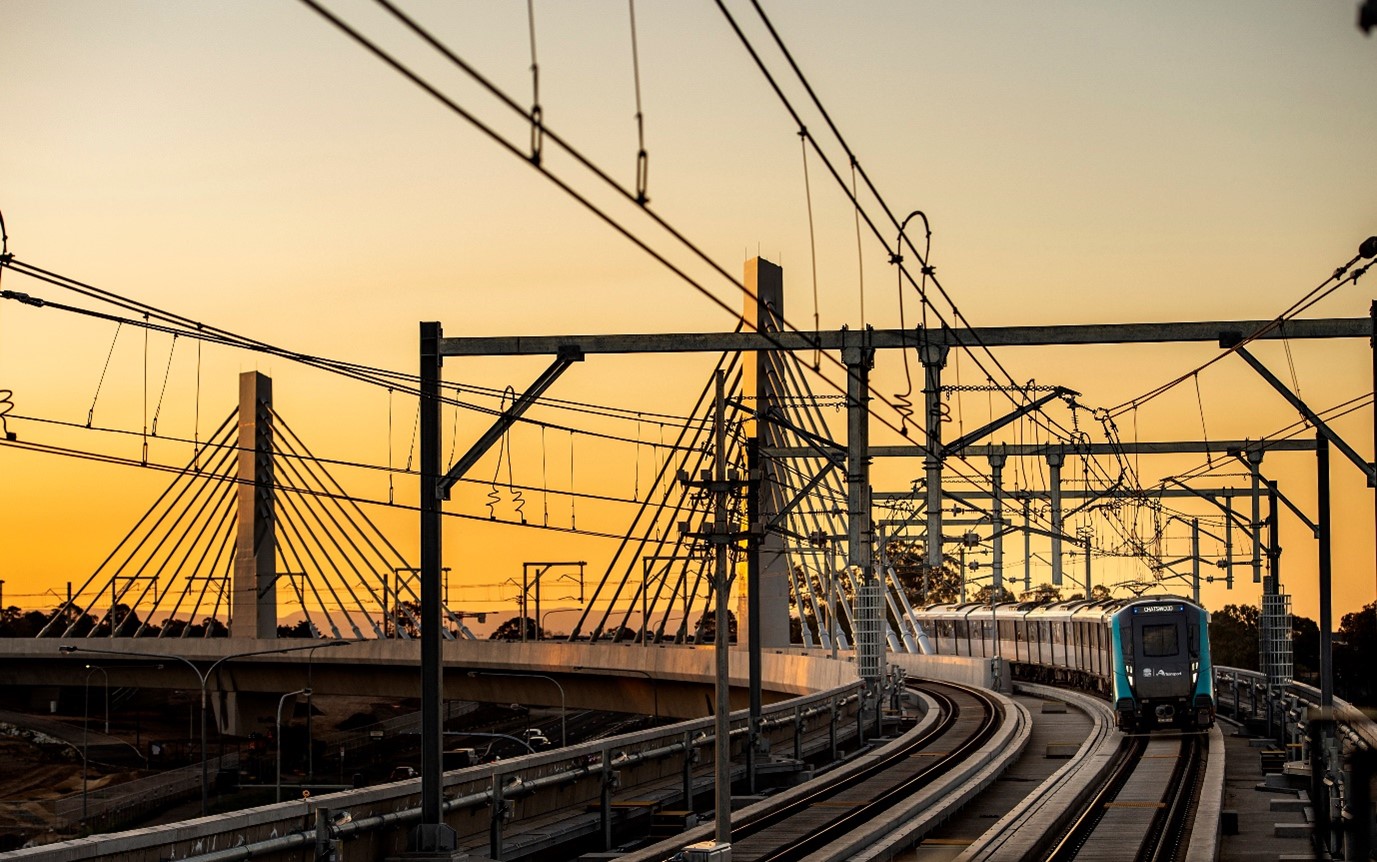1740 results found
Featured results



More results
In 2021, the G20 Finance Ministers and Central Bank Governors asked the G20's Sustainable Finance Working Group (SFWG) to develop a multi-year G20 Sustainable Finance Roadmap identifying the G20’s sustainable finance priorities, and to work on specific priority areas. This report characterises challenges, reviews existing practices, and proposes a set of recommendations to progress in the priority areas.

The 2022 SIFP fellows hail from 12 countries, and 40% are women
Created in 2018, this executive leadership program offers academic and practical training to public-sector officials in emerging market government ministries, municipalities, organisations, and agencies charged with the development, financing, and operation of infrastructure.
This webinar will explore how governments and project proponents can mobilise innovative forms of commercial financing like blended finance and sustainability-linked loans.
Join a panel of international experts and learn how inclusive infrastructure can drive social equity and sustainable development, as we launch of the Certificate in Inclusive Infrastructure.
How can we drive infrastructure delivery reforms? Join GI Hub and Jacobs on 26 October for the launch webinar of our newest initiative, Improving Delivery Models.
This session examined how innovative forms of commercial financing are being mobilised to finance sustainable infrastructure
In this session, the GI Hub provides an overview of our mission and mandate from the G20 and discusses two of the GI Hub’s key resources.
The GI Hub’s Rory Linehan has contributed to an article that outlines the potential impacts on infrastructure at this week’s G20 meetings and World Bank and International Monetary Fund Annual Meetings.
3D printers can produce components on-site to enable a faster response to maintenance needs, reducing environmental impact from transportation and reducing service downtime.
As a budding entrepreneur, honing your pitch is critical to securing funding and support. Here are some of the do’s and don’ts when it comes to developing and presenting a strong pitch.
Developing infrastructure that is sustainable, resilient and inclusive is a complex endeavour and it is even more so in emerging markets.
These five social infrastructure trends are not new concepts, but the rate at which they are appearing all over the world is staggering.
Find out how water scarcity is shifting infrastructure development.

The Procuring Authority, Agência Nacional de Energia Elétrica or ANEEL, signed a PPP contract in 2008 with the Project Company, Linhas de Xingu ...


53 members of our InfraTech Leaders Ecosystem – from more than 25 public and private entities – met for the first time to discuss ‘quick wins' and strategic priorities based on the World Bank's InfraTech Policy Toolkit, developed earlier this year to support the Riyadh G20 InfraTech Agenda.
How can collaboration models and public intervention close the infrastructure gap to increase the value that 5G brings?
What role can the private sector play in a green transition? How is green financing implemented, and what are the current green financing trends? These are a few of the key questions that will be explored in this GI Hub and IFC webinar.

60% of infrastructure assets reporting to GRESB in 2023 currently have a greenhouse gas (GHG) emissions reduction target aligned to net zero. However, these net zero targets may not be ambitious enough. Only a third of assets have a target that is science-based or aligned to a net zero-targeting framework. Further, targets tend to capture only Scope 1 and 2 emissions (omitting Scope 3 emissions) and be location, rather than market-based. However, regional variances exist, with Europe leading the way in Scope 3 and market-based net zero targeting.


In this panel discussion, participants will be introduced to approaches to attracting institutional investors and mobilising capital markets, hearing solutions and lessons learnt from recent projects in India and South Africa.
Join us for a webinar that will highlight solutions for governments and project proponents to mobilise private financing and inclusive infrastructure investment in order to reach vulnerable groups and underserved regions.







 Infrastructure Monitor
Infrastructure Monitor












